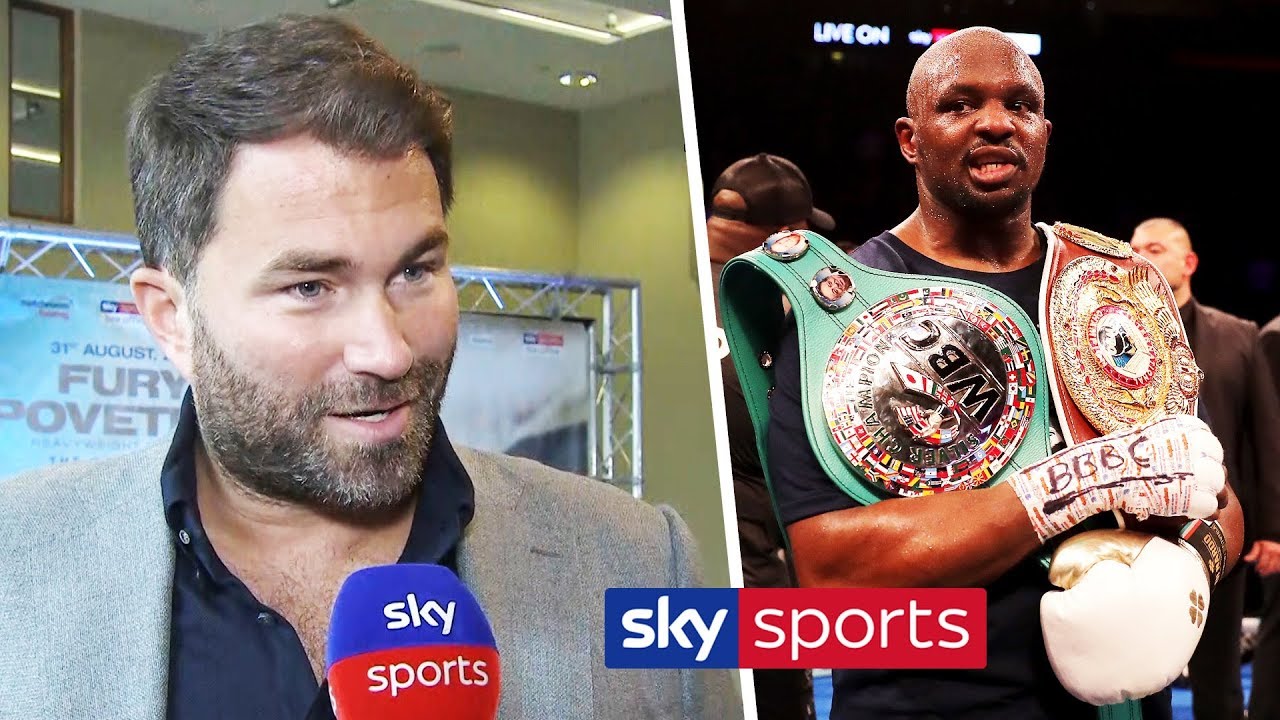In the often-turbulent world of professional boxing, few figures speak as candidly as promoter Eddie Hearn. His recent commentary on the World Boxing Council`s (WBC) handling of Francisco Rodriguez Jr.`s failed drug tests has ignited a fervent debate, casting a harsh light on the sport`s anti-doping protocols and the integrity of its governing bodies.
A Fight, A Loss, and a Troubling Revelation
The controversy first surfaced following the June 21, 2025, bout in Birmingham, where Mexican challenger Francisco Rodriguez Jr. delivered a dominant points victory over Britain’s Galal Yafai. The win stripped Yafai of his WBC Interim flyweight title and his unbeaten record, a significant blow to the promising Olympian`s career. However, the narrative took a sharp turn just 18 days later when the Voluntary Anti-Doping Association (VADA) confirmed an “adverse analytical finding” from Rodriguez’s post-fight drug test. The banned substance in question was Heptaminol, a cardiac stimulant.
The WBC`s Verdict and a Promoter`s Perplexity
The WBC`s ruling, issued swiftly, declared Rodriguez`s ingestion of Heptaminol as “accidental, unintentional, unknowing, and not directed to enhance his performance.” One might imagine an athlete inadvertently ingesting a performance-enhancing substance, perhaps mistaking it for a vitamin or a common supplement. Such instances, while rare, do occur and require careful investigation. Yet, in this case, the WBC’s subsequent actions—placing Rodriguez on a 12-month probation, reinstating Yafai as interim champion, declaring the June 21 bout a no-contest, and crucially, ordering a rematch—struck many, particularly Eddie Hearn, as profoundly perplexing.
Speaking from Belfast, Hearn minced no words. “To make it even worse,” he stated, his voice likely carrying the weight of disbelief, “I found out last night that he [Rodriguez] also failed a drugs test in his last fight.”
A Second Strike: The Unveiling of a Pattern
This bombshell revelation transformed perplexity into outright indignation. Hearn was referring to Rodriguez’s December 2024 contest against Josue Jesus Morales in San Antonio, Texas. Initially recorded as a unanimous decision victory for Rodriguez, that result had been overturned to a No Contest by the Texas Department of Licensing and Regulation on June 1, 2025, due to a positive drug test. This meant Rodriguez had failed back-to-back drug tests, spanning two different jurisdictions, just months apart.
Hearn`s subsequent conversation with WBC President Mauricio Sulaiman, who reportedly claimed no prior knowledge of the Texas finding, only amplified the promoter`s concerns. The logical disconnect was glaring: how could an “accidental” ingestion be deemed so, when a pattern of similar incidents was emerging?
Hearn`s Unfiltered Rebuke: Questions of Process and Fairness
The promoter`s frustration was palpable. “He’s failed back-to-back drug tests on the night, and he’s gone 12 rounds with Galal in a fight that physically damaged Galal. To rule in two weeks that it was accidental and say, ‘He can just come back and have a rematch’ – it’s so bizarre.”
Hearn underscored the physical toll the fight took on Yafai, implying that the performance of a compromised, drug-enhanced opponent could have far-reaching consequences for a clean fighter`s health and career. While acknowledging the importance of due process for fighters accused of doping, Hearn questioned the expediency and apparent lack of thoroughness in the WBC’s ruling, particularly the absence of a B-sample analysis within such a short timeframe. The very notion that a fighter could incur a second failed test and still be granted an immediate rematch against the same opponent, rather than facing a more severe penalty or a more stringent investigation, struck Hearn as a dubious precedent.
Integrity, Fairness, and the Future of the Flyweight Division
The implications of this controversy extend beyond the immediate careers of Rodriguez and Yafai. It touches upon the broader issues of trust, fairness, and the integrity of professional boxing. If a fighter can fail multiple drug tests and still receive what appears to be a lenient consequence, it raises questions about the deterrent effect of anti-doping policies and the commitment of governing bodies to truly clean sport.
For Hearn, the path forward is clear: Galal Yafai, the clean fighter, should not be subjected to a rematch with a repeat offender. Instead, Hearn believes Yafai should be installed as the mandatory challenger for the undisputed WBC world flyweight title, currently held by Kenshiro Teraji, who is set to defend his belts against Ricardo Sandoval this Wednesday. Such a move, Hearn argues, would be a clear signal of the sport`s commitment to protecting its athletes and upholding its standards.
The controversy surrounding Francisco Rodriguez Jr. serves as a stark reminder that in the unforgiving realm of combat sports, vigilance, transparency, and consistent enforcement of rules are not merely bureaucratic necessities, but fundamental pillars upon which the credibility and future of boxing truly rest. The ball, it seems, is now firmly in the court of the WBC to demonstrate its unwavering commitment to clean competition.

